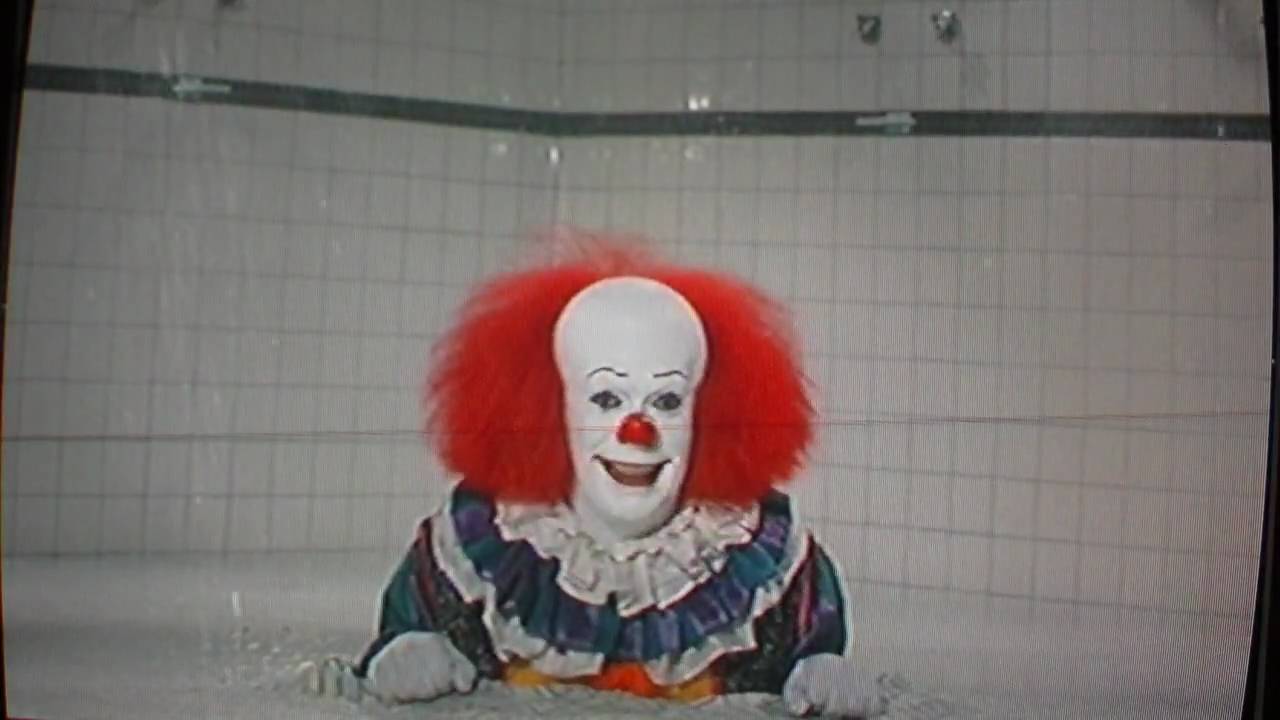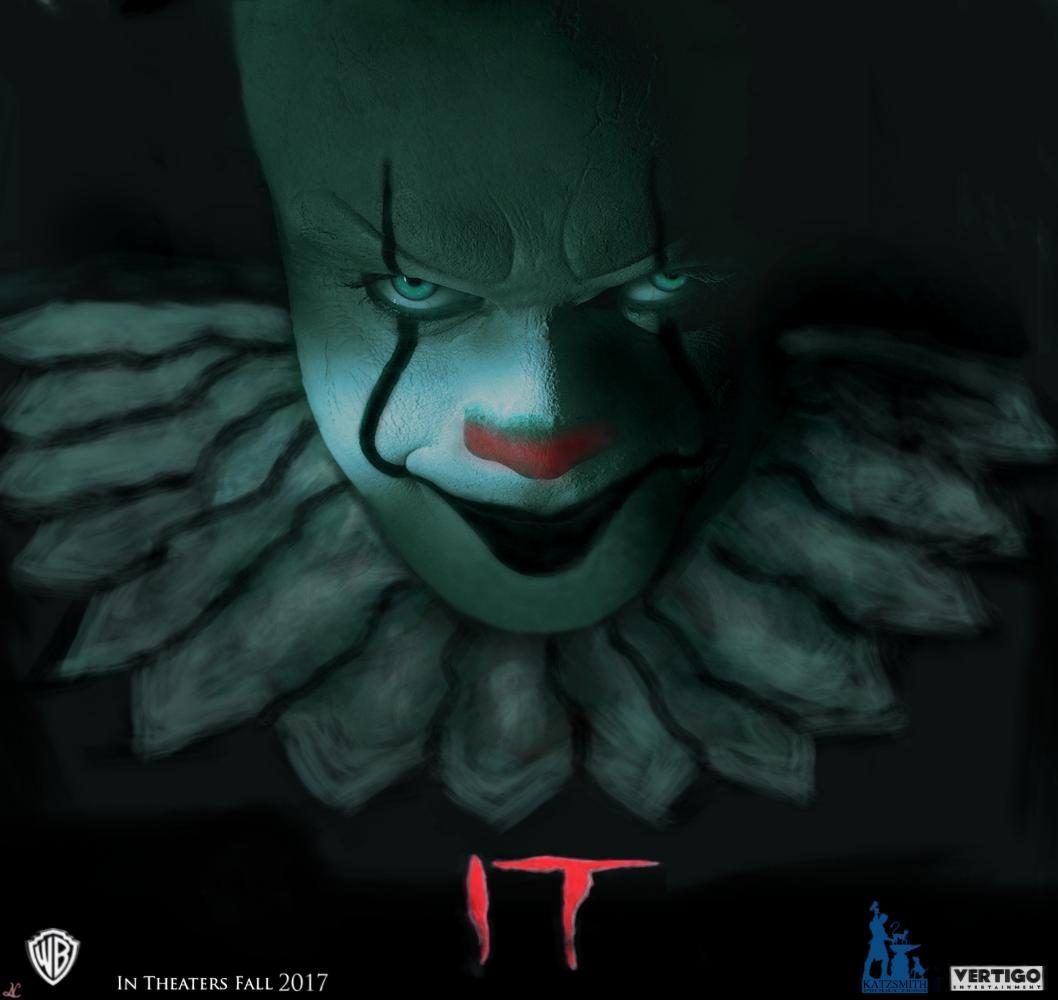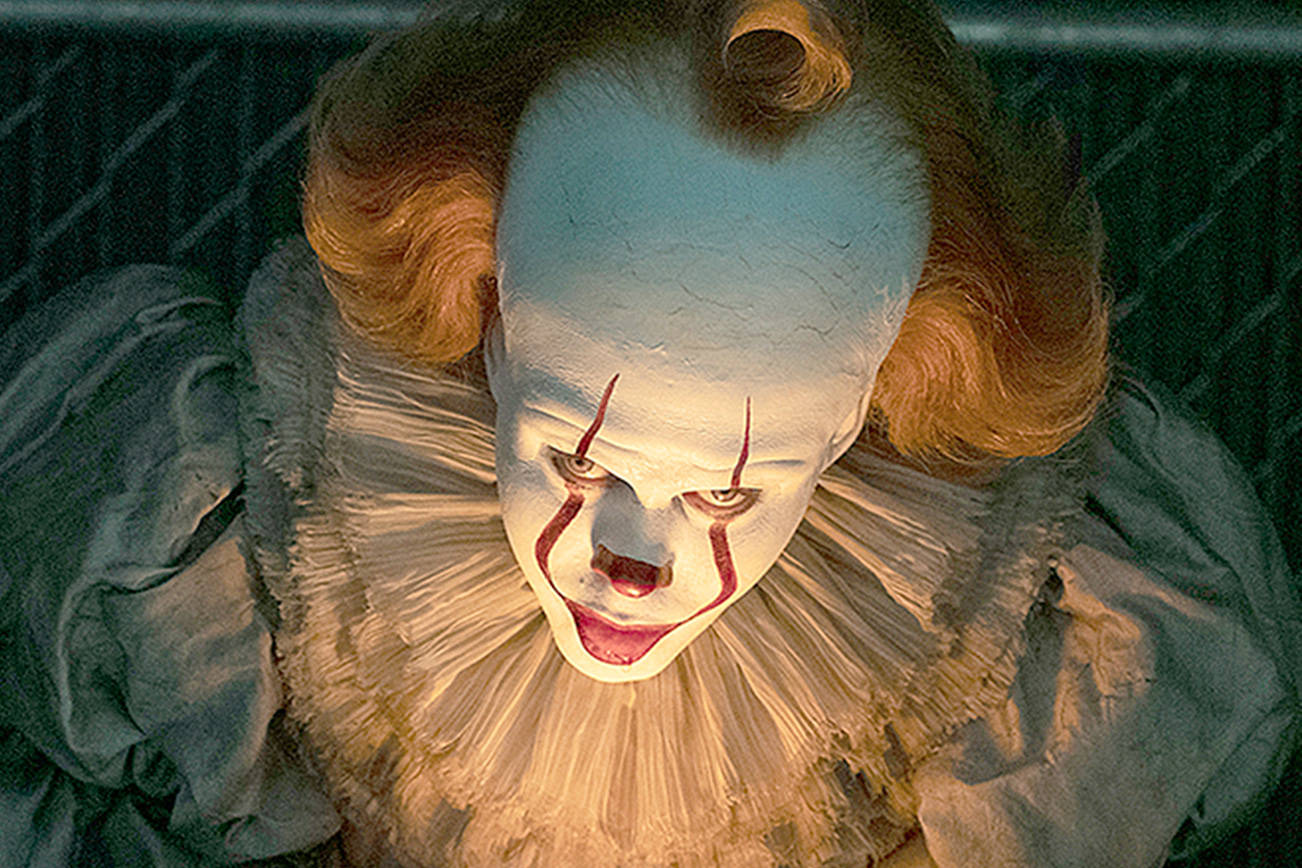Sometimes, something truly unexpected pops up online, and it just grabs everyone's attention, not always for the best reasons. You know, like when a video or a piece of content suddenly becomes the talk of the town, sparking all sorts of discussions and, well, making people scratch their heads a bit. It’s a bit like a sudden, bright flash in the online world, drawing all eyes to it, whether you want them to or not. This kind of online event, it often makes you wonder what exactly is going on, and why so many folks are reacting in such a big way.
Recently, a certain phrase, "it's time to pay your penance," has really started to make waves across social media, drawing a lot of eyes to a particular creator. This phrase, it comes from an older video by someone known as Mama Owl, and it has, quite honestly, caused a significant stir. People are talking about it everywhere, from various social media platforms to private chats, trying to figure out what it all means and why it feels so unsettling. The way it has spread, you know, it just shows how quickly things can catch on and how much people care about what they see online, especially when it touches on some really sensitive topics.
The whole situation has brought up some pretty serious conversations about what we see online and the messages creators put out there. It has, in some respects, led to a wider discussion about how content affects people, and the kinds of things that can really upset a lot of folks. This particular video, which features the phrase "it's time to pay your penance," has become a central point for these conversations, sparking a lot of questions about responsibility and the impact of digital storytelling. It's a moment that, you might say, really makes you think about the power of words and images in our connected world.
- Tony Lopez Helicopter Video 2019
- Angelina And Destiny Now
- S E X Y Squidward
- Riley Green Build
- Did Legend Die
Table of Contents
- What is the Story Behind Mama Owl?
- The Heart of the Matter: The "Pay Your Penance" Video
- What Does it Mean to Pay Your Penance?
- How Did the "Pay Your Penance" Video Get Such Attention?
- Mama Owl's Public Persona and the "Pay Your Penance" Controversy
- Echoes of Fear and the Phrase "It's Time to Pay Your Penance"
- The Online Community's Response to "It's Time to Pay Your Penance"
- The Lasting Impact of "It's Time to Pay Your Penance"
What is the Story Behind Mama Owl?
Mama Owl, as many people know, has been a presence on TikTok for a little while, making content that some folks find pretty unusual. She has, you know, created what are called "point of view" videos, or POVs, which are basically short skits where she plays a role and acts out a situation. These videos, they often feature her in various scenarios, sometimes a bit strange, sometimes a bit unsettling. It's almost as if she aims to create content that really stands out, perhaps by being a bit different from what you might usually see on the platform. Her style, it really has a way of getting people talking, whether they like what they see or find it a bit odd, which is, in a way, part of her online identity.
Recently, however, the conversations around Mama Owl have taken a bit of a different turn. People have, you know, started to openly talk about her behavior in these videos, calling out some of the things they find concerning. This public discussion, it has picked up a lot of steam, with more and more individuals sharing their thoughts and feelings about her content. It's like a big wave of public opinion has started to form, bringing a lot of scrutiny to her work. This kind of attention, you know, it really changes how a creator is viewed, especially when the focus shifts from just entertainment to questions about the content's nature and its potential impact on viewers. She has, actually, been an educator, which adds another layer to how people perceive her online actions.
Mama Owl's Public Persona
Here's a quick look at what's known about Mama Owl's public persona, based on the discussions and information circulating online:
- Hanna Cavinder Ass
- Seeker 77 Black Widow
- Jerry Yasfbara Etsy
- Minitinah Before Surgery
- Me Ofendiste Shrek
| Known For | Creating unusual "point of view" (POV) videos on TikTok. |
| Recent Attention | Called out for strange behavior in videos. |
| Key Controversy | "Pay your penance" video. |
| Reported Profession | Has worked as an educator. |
The Heart of the Matter: The "Pay Your Penance" Video
The main point of contention, the thing that has really sparked all this talk, is a particular video from Mama Owl's past, which people often refer to as the "pay your penance" video. This specific piece of content, you know, has recently gained a lot of new attention across various social media platforms, almost as if it's been rediscovered and put back into the spotlight. It's the kind of thing that, once seen, seems to stick with people, prompting them to discuss its content and implications. The controversy around this video has, in some respects, become a central part of the wider conversation about Mama Owl's online presence and the nature of her creative output.
At the core of this whole "pay your penance" video controversy is a skit that many people find deeply upsetting. The video, as it has been described, shows a traumatic scene where Mama Owl, playing the part of a substitute teacher, interacts with a transgender student in a way that depicts sexual assault. This depiction, you know, is what has caused so much alarm and distress among viewers. It's a very serious topic, and the way it was portrayed in the video has led to widespread condemnation. People are, quite understandably, very concerned about the content and the message it might send, especially given the sensitive nature of the subject matter. This particular skit, it really highlights the potential for online content to cross lines and cause significant harm, even if it's meant as a fictional portrayal.
What Does it Mean to Pay Your Penance?
The phrase "it's time to pay your penance" carries a lot of weight, you know, especially when you consider its traditional meaning. Penance, in a very broad sense, is a concept that comes from a place of deep moral and spiritual thought. It's often seen as a supernatural moral virtue, a kind of inner strength that helps individuals deal with their dislike of wrongdoing, especially when they see it as an offense against a higher power. It's about, basically, having a firm resolve to change your ways and to make things right after doing something you regret. This idea of making amends, it's a pretty old one, and it shows up in many different belief systems.
When someone talks about "paying penance," it usually refers to performing an act of atonement or making some sort of reparation for the effects of one's actions, particularly those that are considered wrong or sinful. It's about taking responsibility and doing something to fix the situation, or at least to show that you're sorry and committed to improving. The idea is that it helps you, you know, make up for the temporal effects of your wrongdoings, which are the consequences that happen in this world. It's often seen as a path to forgiveness, a way to clear the slate, so to speak. While it might not always be required, it's often strongly suggested that you complete it to make things right, to truly show that you're ready to move past your mistakes and find a way to be forgiven. All it takes, in some respects, is that genuine desire to make things better.
How Did the "Pay Your Penance" Video Get Such Attention?
The way this particular video gained so much attention is, you know, pretty typical of how things blow up online. Viewers, for one, found the content deeply troubling and, honestly, quite strange, which quickly led to it being shared widely. People started making what are called "memes" inspired by the video, which are basically funny or satirical images and videos that spread very fast. This kind of reaction, it really amplified the video's reach, pushing it into more and more people's feeds. It's like a snowball effect, where one person's reaction sparks another's, and pretty soon, a lot of people are talking about it.
Beyond the memes, the sheer weirdness of some of Mama Owl's other content also played a part. She has, you know, been creating these unusual POVs for a while, and the "pay your penance" video just seemed to be the one that pushed things over the edge for many viewers. The fact that she was, apparently, an educator also added a layer of shock and concern for many. When the public started calling out her behavior, the "pay your penance" video, being one of her older and more controversial pieces, naturally came back into the spotlight. It's a bit like an old story suddenly becoming new again, especially when there's a fresh reason to look at it. The public conversation, it just kept growing, fueled by fan pages and discussions across various platforms, making sure that the video and its phrase, "it's time to pay your penance," were front and center in people's minds.
Mama Owl's Public Persona and the "Pay Your Penance" Controversy
Mama Owl's online persona, you know, has always leaned towards the unusual, creating content that aims to be different and, at times, a bit unsettling. She has, for a while now, been known for her unique "point of view" videos, which often feature her playing various roles and acting out scenarios that are, well, quite out of the ordinary. This distinct style has, in some respects, built her a following, with people drawn to the unexpected nature of her work. It's a kind of performance art, if you will, where the creator deliberately pushes boundaries and explores themes that might make some viewers feel a little uncomfortable, which is, actually, a common tactic in certain online spaces.
However, the recent public discussion around her behavior, particularly concerning the "pay your penance" video, has really shifted how people see her. The fact that she was, you know, an educator adds a layer of complexity to the situation, as it brings up questions about responsibility and the example creators set. The video itself, which depicts a very sensitive and traumatic event, has caused a lot of concern, leading many to question the intent and judgment behind such content. It's a situation where the online persona, which might have once been seen as just quirky or artistic, is now being viewed through a more critical lens, especially when the content touches on such serious topics. This controversy, it has really forced a conversation about the line between creative expression and harmful content, particularly when the phrase "it's time to pay your penance" is involved in such a context.
Echoes of Fear and the Phrase "It's Time to Pay Your Penance"
It's interesting, you know, how certain phrases can just bring up a sense of unease or even fear, and "it's time to pay your penance" seems to be one of them. The way this phrase has circulated, especially within the context of Mama Owl's videos, has, in a way, tapped into a feeling that's not too far removed from classic horror stories. It's almost as if the words themselves carry a certain weight, hinting at consequences or something unsettling that's about to happen. This connection to a sense of dread is, actually, quite powerful in how it affects people's perceptions of the content.
When you look at the source text, it also brings up references to the Stephen King novel "It" and its film adaptations. This is, you know, a story that's all about childhood fears, a terrifying clown named Pennywise, and a town where children disappear. The "It" movie, directed by Andrés Muschietti, really brings to life the idea of an ancient evil that awakens every 27 years, with an insatiable desire for children. The connection here, while not explicitly stated as a direct influence on Mama Owl's video, seems to be a thematic one. The phrase "it's time to pay your penance," when paired with content that is unsettling or depicts traumatic events, might evoke a similar kind of horror or psychological discomfort that stories like "It" do. It's like the phrase itself becomes a trigger for those feelings, linking it to a broader cultural understanding of fear and reckoning. The idea of "freaky owl gets a call from the freaky side in this freaky video!" further reinforces this unsettling connection, suggesting a deliberate lean into a horror-like atmosphere where "it's time to pay your penance" fits right in.
The Online Community's Response to "It's Time to Pay Your Penance"
The reaction from the online community to the "pay your penance" video has been, you know, pretty strong and varied, but mostly leaning towards concern and criticism. When the video started to gain new attention, many viewers immediately found it problematic and, honestly, quite odd. This immediate negative reaction, it quickly led to the creation of memes, which, while sometimes humorous, also served to highlight the strangeness of the content. It's like the community used humor as a way to cope with or comment on something they found deeply uncomfortable, which is, in a way, a common online behavior.
Beyond the memes, there's been a clear call-out of Mama Owl's behavior in her videos, with many people expressing their discomfort and even anger. The fact that the video depicts a traumatic skit, particularly one involving a sensitive topic like sexual assault, has understandably caused a lot of distress. People are, you know, sharing their thoughts on various platforms, using hashtags like #timetopayyourpenance to gather discussions and spread awareness. It's a collective voice speaking up, expressing concerns about the content's nature and its potential impact on viewers. This kind of community response, it really shows how much people care about the kind of content that's out there and how quickly they can mobilize to discuss something they find troubling, especially when it involves a phrase as loaded as "it's time to pay your penance."
The Lasting Impact of "It's Time to Pay Your Penance"
The ripple effects of the "pay your penance" controversy are, you know, likely to stick around for a while, shaping how people view online content and creator responsibility. This situation has really highlighted how quickly something from the past can resurface and gain new attention, especially when it touches on sensitive subjects. It's a bit like a reminder that what goes online, even if it's old, can always come back into the public eye, with new interpretations and reactions. This kind of lasting impact, it really makes creators think more carefully about the messages they put out there and the potential consequences of their work.
The discussions sparked by the "it's time to pay your penance" video have also, in some respects, contributed to a larger conversation about the ethics of online content creation. People are, you know, talking more openly about the need for creators to be mindful of the impact their content can have, particularly when it deals with traumatic themes or sensitive groups. It's a push for greater awareness and, perhaps, more thoughtful approaches to storytelling in the digital space. This ongoing dialogue, it really shapes the expectations for online creators and the platforms they use, pushing for a more responsible and considerate environment for everyone. The phrase itself, "it's time to pay your penance," has, in a way, become a symbol of this very important conversation, reminding us that actions online, just like anywhere else, can have significant and lasting effects.
This article has explored the "it's time to pay your penance" controversy surrounding Mama Owl's TikTok video. We looked at Mama Owl's online presence, the disturbing content of the "pay your penance" video, and the traditional meaning of penance. We also discussed how the video gained widespread attention, the connection to themes of fear, and the strong reactions from the online community. Finally, we considered the ongoing impact of this situation on discussions about online content and creator responsibility.



Detail Author:
- Name : Maxie Rodriguez
- Username : rice.kyla
- Email : kbatz@nitzsche.info
- Birthdate : 1981-07-17
- Address : 702 Carter Extension Lake Bessie, ND 33060
- Phone : 1-551-439-0596
- Company : Stroman-Kuhlman
- Job : Environmental Science Technician
- Bio : Voluptatum natus et et iusto. Doloribus quia ipsam impedit nisi quidem provident explicabo.
Socials
facebook:
- url : https://facebook.com/rmckenzie
- username : rmckenzie
- bio : Commodi est rerum a hic libero dolor molestiae.
- followers : 1041
- following : 101
tiktok:
- url : https://tiktok.com/@rebecamckenzie
- username : rebecamckenzie
- bio : Qui perspiciatis occaecati rerum omnis. Ut nisi magni dicta magni accusamus.
- followers : 2353
- following : 1370
instagram:
- url : https://instagram.com/rebeca_id
- username : rebeca_id
- bio : Est ipsum quia nihil nemo excepturi ab dicta fugit. Alias esse vitae quos quaerat nesciunt.
- followers : 369
- following : 839
linkedin:
- url : https://linkedin.com/in/rebeca.mckenzie
- username : rebeca.mckenzie
- bio : Alias ut cupiditate corporis.
- followers : 4541
- following : 400
twitter:
- url : https://twitter.com/rebecamckenzie
- username : rebecamckenzie
- bio : Ab molestiae et quia vel. Amet et et amet neque aspernatur est et. Qui velit quae ut cumque unde autem.
- followers : 3587
- following : 1063